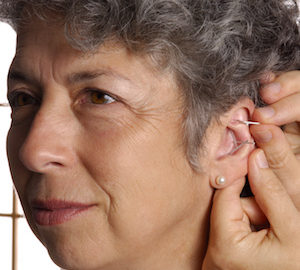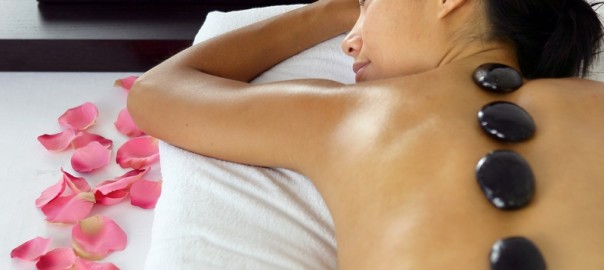As with all medical professionals you interact with, you want to find an acupuncturist who cares about your concerns and well-being. With acupuncture, you’re treating the whole self so it’s important you’re able to be comfortable and candid during treatment. Here are 4 steps for how to choose an acupuncture practitioner who can meet all your needs and truly treat the whole you.
Step 1: Specify Your Reason to See an Acupuncture Practitioner
Acupuncture is a wonderful mix of Eastern and Western medicine and a practice dating back centuries. To find the right acupuncturist for you, first identify why you want the treatment. It can be used to treat a wide array of conditions including:
- Chronic pain caused by a car accident, illness or injury
- Nausea, including morning sickness
- Energy imbalance
- Allergies
- Stress
- Arthritis
- Digestive health illnesses such as irritable bowel syndrome
Your aches, pains and other uncomfortable symptoms may flare during some weather, especially in spring and summer when the weather is hot and there’s additional pollen and humidity in the air. Knowing the conditions or symptoms you need treatment for can help you to focus on the specialities and experience you’re looking for in an acupuncturist.
Step 2: Seek Recommendations
If you have family or friends who have gotten acupuncture treatment, ask them who their practitioner was and why they liked — or didn’t like — their experience.
Another way to get a recommendation is to look at testimonials or reviews online. You can do a simple online search of “acupuncturist in NC” to see what your options are in Chapel Hill and beyond.
Step 3: Choose an Acupuncture Practitioner
Consider the training and qualifications the practitioner has and whether he or she has the ability to treat your needs. At the very least, your acupuncturist should be either a Licensed Acupuncturist (L. Ac.), a medical doctor, an osteopath or a chiropractor. In North Carolina, a Licensed Acupuncturist means the person has completed:
- A 3 year post-graduate program accredited by the Accreditation Commission for Acupuncture and Oriental Medicine
- The clean needle technique course offered by the Council of Colleges of Acupuncture and Oriental Medicine
- The NCCAOM written exam
- The practical exam, the NCCAOM PEPLS
While physicians can legally perform acupuncture treatment without formal training, it’s best to seek a physician who does have formal training. Acupuncture takes years to master, which is why Licensed Acupuncturists are required to complete programs and exams. To ensure you receive effective treatment and have the best experience possible, consider focusing your search on people who specialize in acupuncture and apply the treatment frequently.
Based on your identified needs, the recommendations you found and the background research you did on the acupuncturists you’ve found, it’s time to choose an acupuncture practitioner.
Step 4: Schedule an Appointment
Schedule an appointment with your acupuncture practitioner and come to the appointment prepared to discuss your condition and/or what treatment you’re seeking. You should be ready to answer questions such as:
- What conditions or symptoms are you hoping to use acupuncture as treatment for?
- What other treatments have you tried?
- How long have you experienced this condition or symptom?
- What do you want to gain from acupuncture treatment?
- Do you have any questions or concerns about acupuncture?
You should also consider asking questions such as:
- What’s your experience with treating my condition?
- How long can it take to treat my condition?
- What do you recommend for treatment?
By asking and answering these questions during your appointment your acupuncturist can be sure to care for you and offer you the best treatment plan they can, and you can begin to create a meaningful connection with the practitioner.
To find out what types of acupuncture we offer and learn more about our personalized approach to treatment, contact us to book an initial consultation.
















